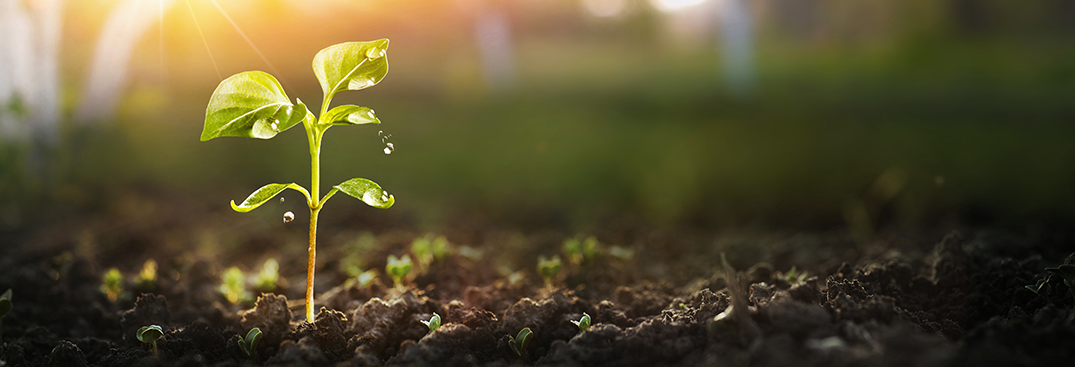“They Thought They Could Bury Us…” The Church and the Climate Crisis
“They thought they could bury us. They didn’t know we were seeds.”
These words were on the front cover of a small publication someone had left behind at the coffee shop where I was engaged in conversation. The words became sweeter than the latte I was sipping. They are about resilience, yes, but even more—they speak the language of resurrection.
“It’s the story of Jesus—buried and rising. It’s the call of the Church—resilient and rising.” And if ever there was a time to be called out—to be the ekklesia—it’s now.
The Greek word ekklesia doesn’t mean a building or a denomination. It means a people called out from wherever they are into public assembly—to talk about a crisis in the community, or even the cosmos. That’s what the early church did. That’s what we are supposed to do.
And what could be more of a cosmic crisis than climate change?
Now I know—I can hear the objection: “The church shouldn’t get political.” But honestly, when has the church not been involved in the crises of its time, at least when it’s been at its best? Abolition. Civil rights. Peace movements. The call to care for the poor. These weren’t distractions from the gospel. They were the gospel, lived out loud.
So here we are again. The planet is groaning, quite literally. Wildfires, floods, rising seas, vanishing species—not warnings of some distant apocalypse, but signs of one already unfolding. This is not a drill. And yet, this is not a moment without hope.
I want to be clear: the church is still here. Even if people don’t hear about us much anymore. Even if our voice has been drowned out by louder ones that claim Jesus for their own political agenda. Even if some days we wonder if our voice matters at all.
It does. It must.
This is not just a scientific issue, though science is crucial. This is a moral issue. A justice issue. A spiritual issue. The people harmed first and worst by climate disruption are the poor, the young, the marginalized, the voiceless—just the ones Jesus always seemed to be drawn to. And we must not forget the non-human species with whom we share the planet.
If we believe in love of neighbor,
we cannot ignore this.
If we believe the earth is God’s creation,
we cannot treat it like a landfill.
If we believe resurrection is real,
then we must believe that even now, new life can rise from the ash.
The church still gathers every week. We still sing, and pray, and listen. What if we listened to the cries of the earth? What if our prayers included the forests, the coral reefs, the farmers in drought, the children yet unborn? What if we looked at our budgets, our buildings, our energy use—and asked, “What would love do here?”
It’s time to reclaim our voice—not in fear or anger, but in courage and faith.
Let us be the seeds.
Let us be the saints.
Let us be the ekklesia the world needs right now. We’ve been buried long enough.
Let’s rise.
– Rev. Harry Eberts

